Travel to Italy has got more complicated again, following the news that all UK arrivals will be required to undergo a mandatory quarantine and testing, amid concerns about the spread of the Delta coronavirus variant.
READ ALSO: How much is the Delta variant spreading in Italy?
After dropping the quarantine requirement for UK travellers just over a month ago, Italy is now joining other countries in Europe such as France, Germany, Switzerland and Austria in tightening the rules afresh.
Italy had been open to all travellers from the UK since May 16th without the need for quarantine on arrival, but due to the UK’s worsening health situation, Italian authorities have revised Italy’s entry requirements, effective as of Monday June 21st.
The new rules are in force from June 21st until at least July 30th, the Italian Embassy in London said on Saturday.
Five-day quarantine and testing
Compulsory quarantine now applies to anyone who has been on UK territory in the 14 days before arrival in Italy, regardless of nationality.
Arrivals from the UK will need to isolate for five days at an address given to health authorities.
The address can be a private one or that of an accommodation provider (if the provider is happy to allow you to quarantine on the premises). Italy is not currently requiring arrivals from Britain to go into supervised quarantine under ‘Covid hotel’ system, as is being used in the UK.
However, you must notify the local health authority in the region of Italy you’ll be staying in within 48 hours of your arrival. Find contact details here.
READ ALSO: How should travellers from the UK quarantine in Italy?
Following quarantine, a negative test result will be required at the end of the quarantine period.
Travellers “must take a rapid antigenic or molecular swab test for Covid-19 and test negative for release,” stated the UK government.
Anyone found not to be following these rules could end up with a €450 fine.
What are the testing rules?
If flying to Italy, you must show the airline proof of a negative test taken no more than 48 hours before travel.
If you arrive without a negative test, you “will need to self-isolate for 10 days and undertake a test at the end of the isolation period,” added the UK authorities.
Anyone entering Italy – not just those flying – must be able to show proof of a negative test result on arrival.
READ ALSO: What Covid-19 tests do I need for travel between Italy and the UK?
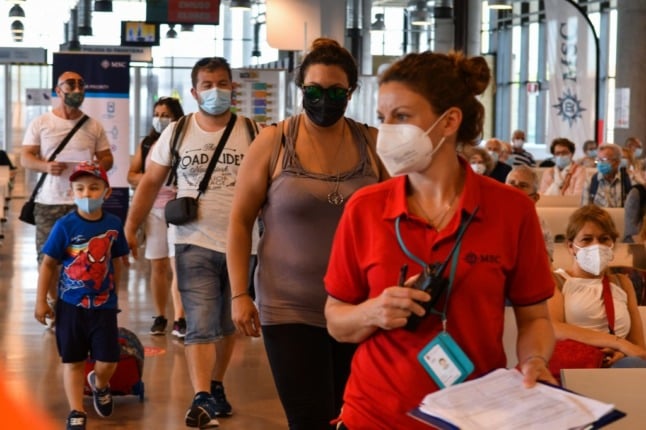
Exemptions to the quarantine period
Italy does not have exemptions in place for vaccinated travellers.
The quarantine and testing rules apply equally to people arriving in Italy by car or other means of transport.
The only exemptions are for “specific categories of workers and for stays up to 120 hours for work, health or other urgent reasons,” read a tweet from the Italian Embassy in London.
“In case of symptoms everyone should isolate. 6-year-old or younger children do not have to take tests,” it added.
The new rules are applicable till 30 July.
No quarantine is required for specific categories of workers and for stays up to 120 hours for work, health or other urgent reasons. In case of symptoms everyone should isolate.
6-year-old or younger children do not have to take tests.— Italy in UK (@ItalyinUK) June 19, 2021
Travellers transiting Italy in a private vehicle for less than 36 hours are also exempt from the quarantine.
Entry paperwork
People travelling from the UK should fill out this online digital form. This will generate a QR code, which you’ll need to show to your travel provider or the Border Police if requested. There’s a paper form if you cannot access it digitally.
You should also inform the local health authority in the region of Italy to which you are travelling within 48 hours of arrival, stating where you plan to quarantine and how they can reach you. Find regional contacts here.
The UK government advice is to carry proof of your residence when entering Italy if you are a UK national resident in Italy.

Flying to Italy
Many people planning to fly to Italy this month had already reported a lack of flights on many UK-Italy routes, and there have been widespread reports of last-minute cancellations this week.
Further flight cancellations have ensued following the British government’s decision to impose a four-week delay to its so-called ‘Freedom Day’ – when the last remaining Covid-19 restrictions were to be lifted in the country.
The UK government has advised travellers to keep checking if their flights are still running.
TRAVEL:
- How many flights are still available between the UK and Italy?
- What is Italy’s Covid-19 digital ‘green pass’ used for and how do you get it?
- Will Italy be on the UK’s ‘green list’ from next week?
“Many airlines and airports serving Italy are operating a reduced service and may be subject to change. You are strongly advised to check your airline’s website, as well as the website for the airport you are intending to fly to for the latest information,” stated UK authorities.
The UK’s rules on travel from Italy
Italy is on the UK’s ‘amber’ list for travel, which means travel is possible but the British government has stressed people should not be booking holidays to these countries at the moment.
It is not yet known if Italy may be moved to the ‘green’ list under the British government’s next review.
Passengers who have reasons to want to travel Italy despite the government advice, such as visiting loved ones after postponed trips or to attend weddings, must present a pre-departure test result and then quarantine at home for 10 days upon arrival in England, Wales or Scotland.
In addition, PCR tests are required on days two and eight of quarantine.
Restrictions within Italy are easing
Italy is restarting tourism for summer as the country eases its health measures.
The new travel rules came as Italy opens up to visitors from the US, Canada and Japan and announces the details of its health certificate for travel within the EU.
All Italian regions but one are due to drop Covid-19 restrictions from Monday 21st as the national infection rate has fallen further.
It means that almost all regional authorities are allowed to abandon most of the remaining coronavirus restrictions earlier than planned under the national roadmap for reopening.
EXPLAINED:
- What are the rules in Italy’s coronavirus ‘white zones’?
- MAP: Which parts of Italy are now Covid-19 ‘white zones’?
Only mask-wearing and social distancing rules must remain in place, the health minister has said. House parties and large gatherings are also forbidden.
Italy’s evening curfew, which doesn’t apply to Italy’s lowest risk so-called ‘white zone’ regions, currently starts at midnight and will be scrapped completely on June 21st.
Find more information about travelling to or from Italy on the Health Ministry’s website (in English).
You can also check the Italian Government’s online questionnaire (in English) for more advice on entry requirements and travel to Italy.

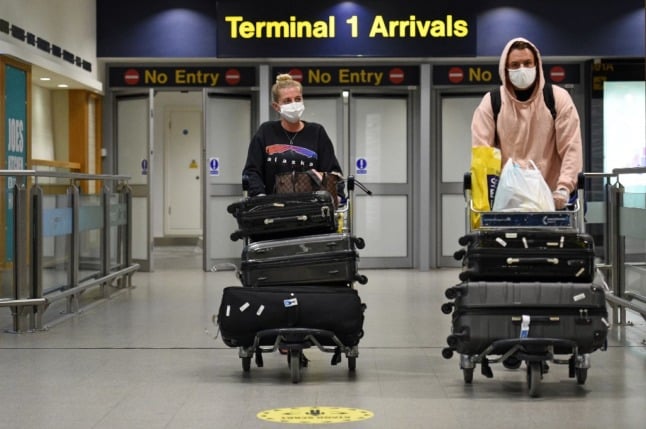
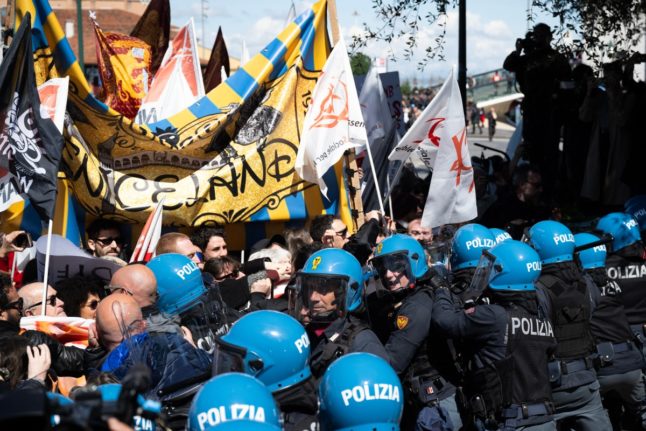
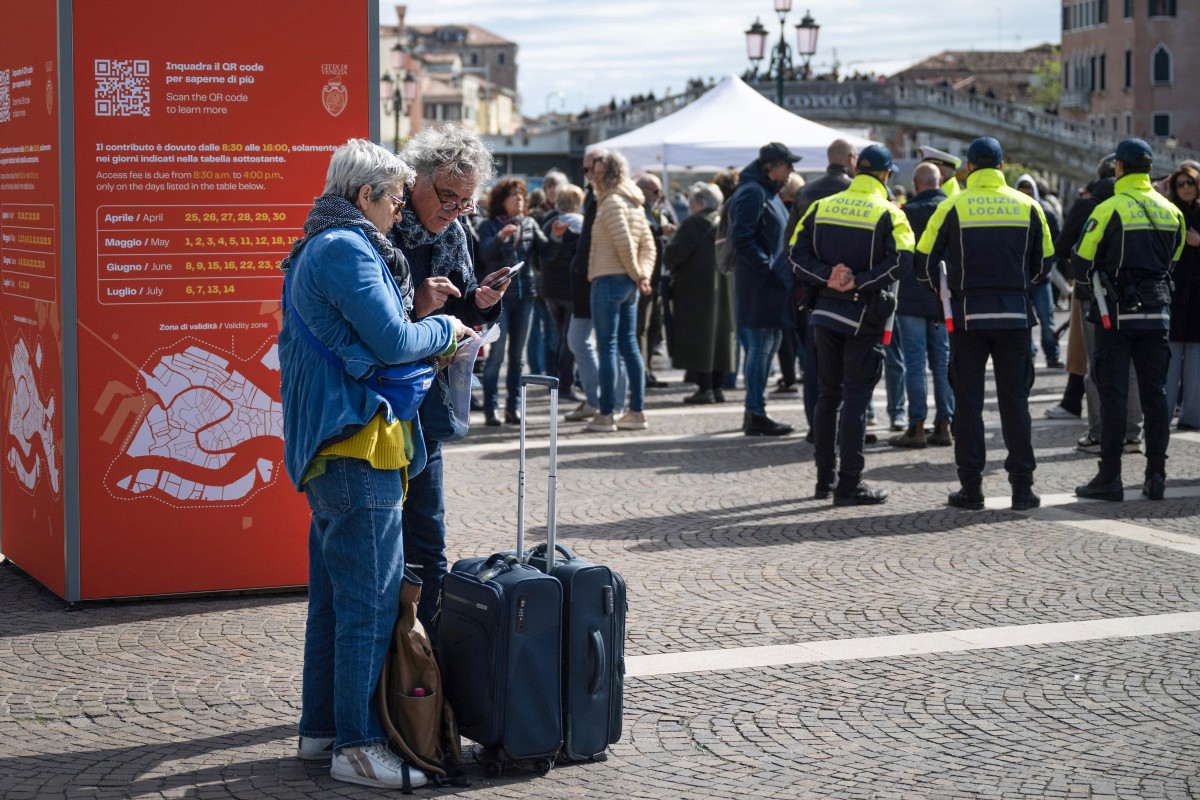
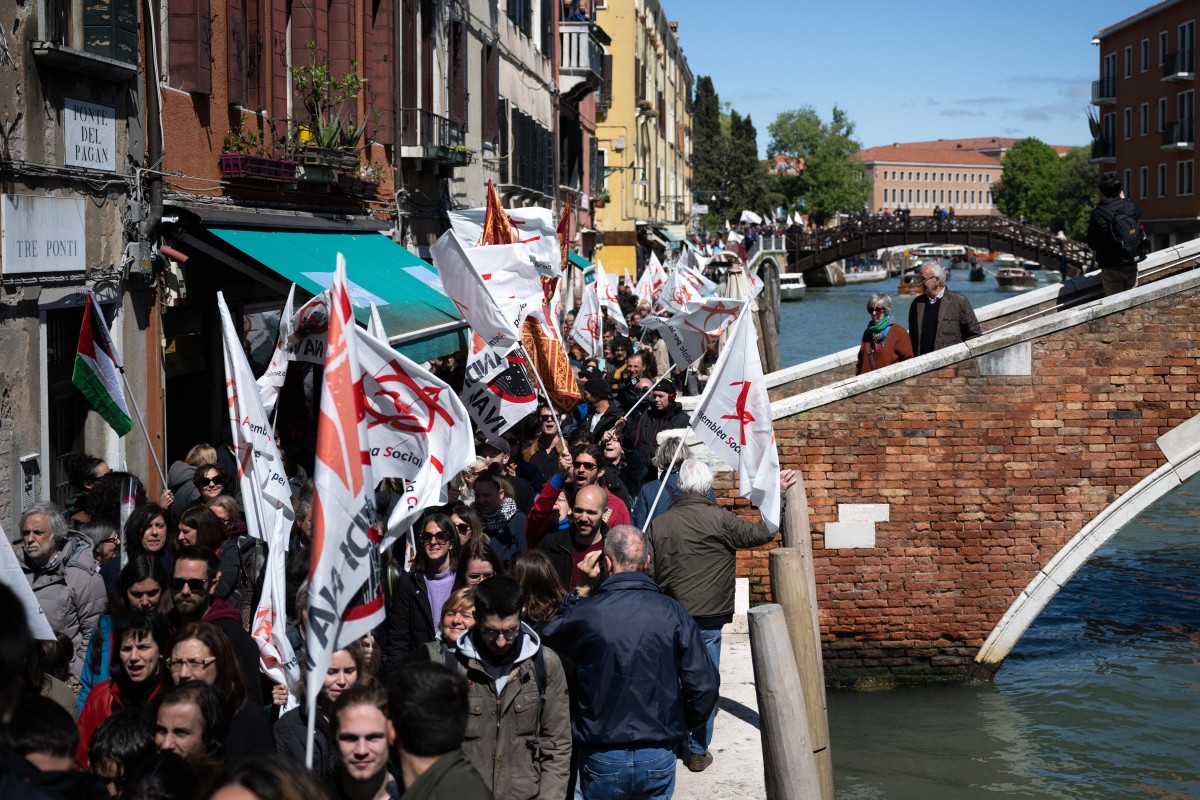
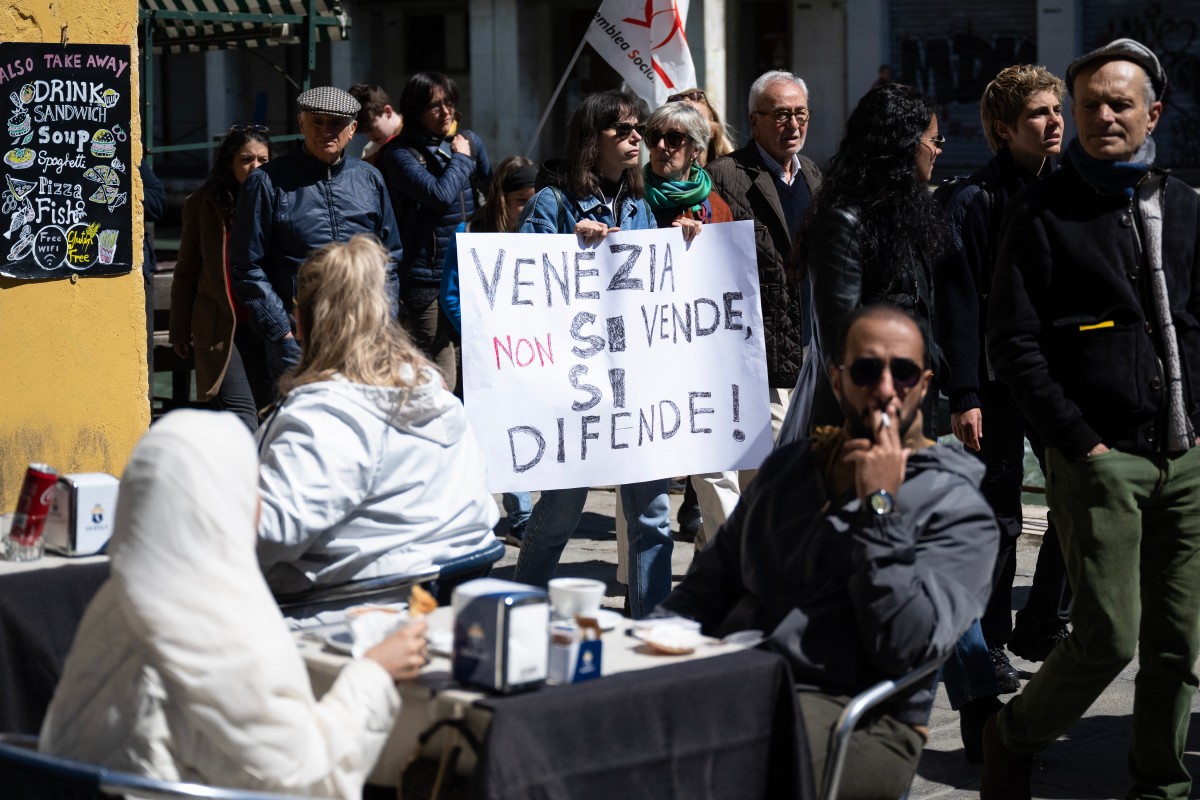
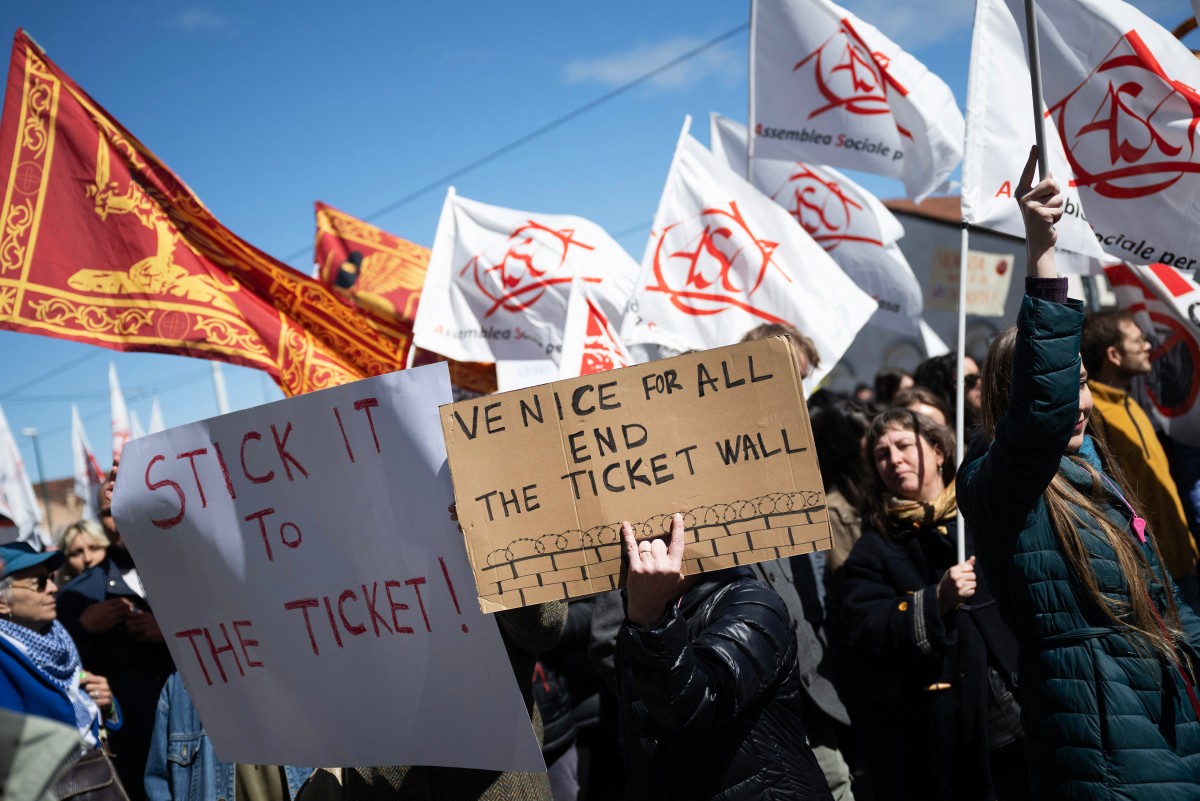
 Please whitelist us to continue reading.
Please whitelist us to continue reading.
rapid antigen swab tests